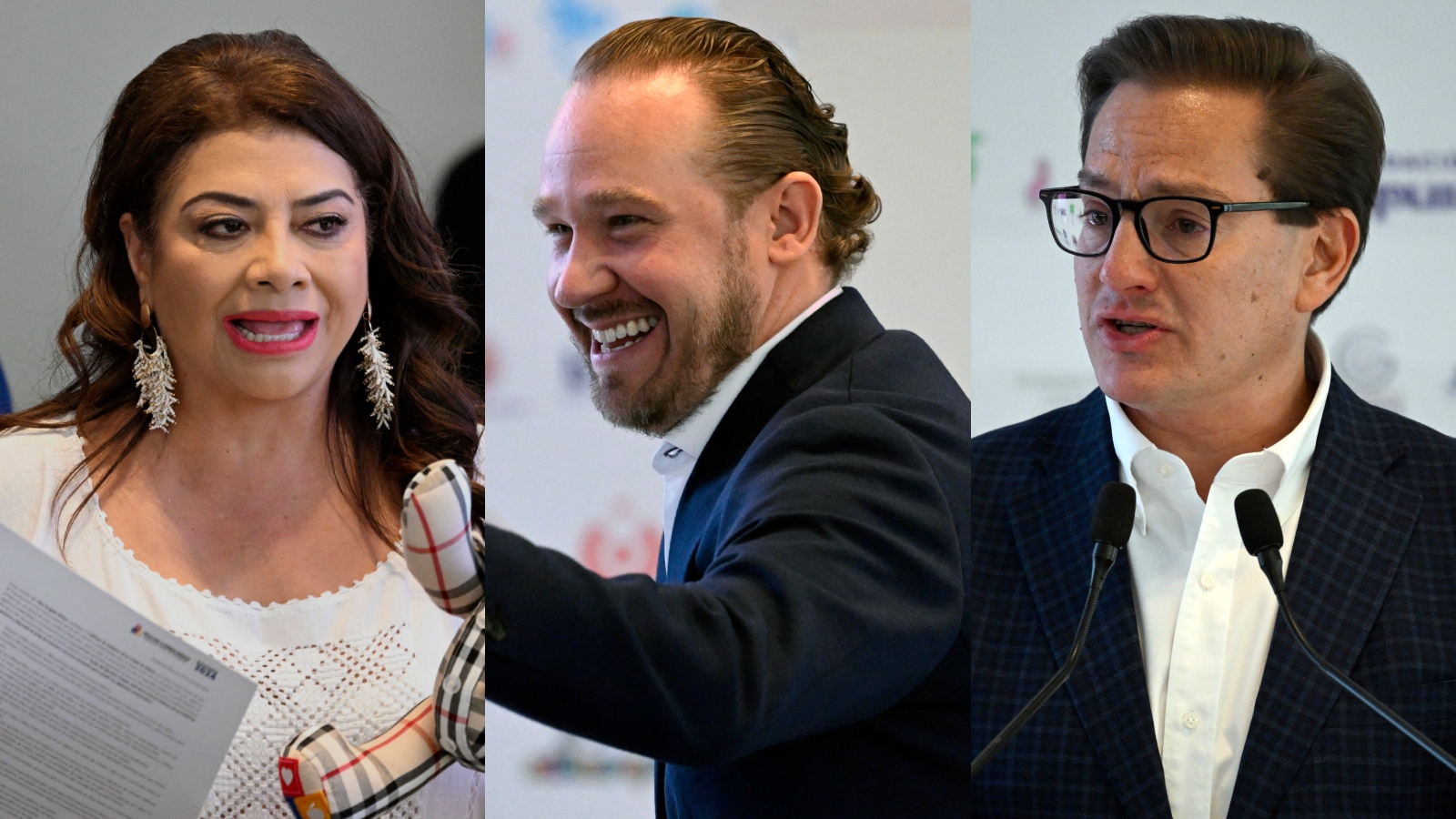Election Insights: Mexico City's Political Landscape
As Mexico City approaches its pivotal election date on June 2, the race for the Head of Government position heats up. Currently led by Martí Batres after Claudia Sheinbaum vacated the role to run for the presidency under the Morena party, the seat is contested by Clara Brugada (Morena coalition), Santiago Taboada (PAN, PRI, PRD alliance), and Salomón Chertorivski (Citizen Movement). The latest surveys indicate a significant lead for the official candidate, Brugada, who consistently garners around 50% of the voter preferences.
Clara Brugada Leads Polls
The El Economista Survey by Mitofsky, conducted from May 8 to 11 among 1,200 adults, shows Brugada in the lead with 51.1% of the voting intention. Her closest rival, Santiago Taboada, follows with 39.3%, while Salomón Chertorivski trails with 9.6%. El Financiero's survey, carried out from May 13 to 22, reinforces these findings, showing Brugada with 51% of the vote, Taboada with 42%, and Chertorivski with 7%. A similar trend is seen in the Enkoll survey for El País and W Radio, where Brugada holds a 52% preference compared to Taboada's 41% and Chertorivski's 7%
While voter turnout predictions sit around 68%, it's essential to note the consistent trend favoring Brugada in all major surveys.
Presidential Race Dynamics
As for the presidential race, Claudia Sheinbaum is the pronounced frontrunner. The average of multiple surveys, including those performed by EL PAÍS, projects Sheinbaum securing about 55% of the votes. Her primary competitor, Xóchitl Gálvez, lags behind at 36%, with Jorge Álvarez Máynez capturing the remaining 9%. Despite Sheinbaum's diminishing lead, metrics such as the EL PAÍS prediction model still place her victory probability at a robust 92%. This model, alongside forecasts from Metaculus and Polymarket, consistently predicts a high likelihood of her winning.
Methodology Behind the Predictions
The predictions rely on a comprehensive statistical model that averages recent polls, accounts for historical polling errors, and involves simulating the election 20,000 times. These methodologies have been tested and validated across multiple elections in different countries, underscoring their reliability. The Mexican data, supported by similar studies in Latin America, provides a robust framework that reinforces the accuracy of these projections.
In conclusion, the upcoming elections in Mexico City and for the presidency reflect clear trends in favor of Morena candidates, yet underline the importance of monitoring these dynamics closely as the voting date approaches.
- Martí Batres, the current Head of Government, has maintained a steady leadership since succeeding Claudia Sheinbaum. His calm transition and governance suggest a stable political climate under the Morena party.
- Brugada's campaign has focused on progressive policies, echoing the current administration's successful strategies, while Taboada and Chertorivski aim to disrupt the prevalent political norms with proposals for economic reforms and significant policy changes.
- Sheinbaum's potential victory could signify continuity in Mexico's Federal governance, aligning with popular civic and environmental reforms introduced during her tenure as Mexico City's Head of Government.






